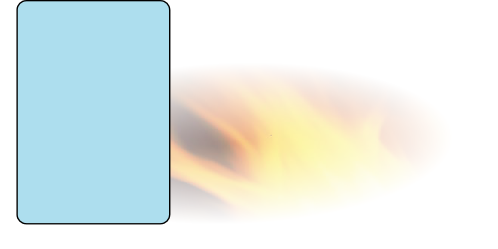Riding a bicycle or hitting a baseball is a skill that cannot be attained by reading a book. No scientific explanation and no amount of words can explain the task in a sufficient way to give the reader all that is necessary to be able to do the task. Singing is one such skill. Therefore in accordance with the teachers of old, I believe that singing must be taught empirically rather than scientifically. That a singer should have a working knowledge of his vocal anatomy and physiology is self evident. However, singing is not about the nuts and bolts of the larynx but instead a sensate art.
To impart this kind of knowledge to a student requires a method of teaching that allows the student to feel and know, through repetition,
they strain, hold, and fight to sing rather than allowing the breath to facilitate no action in the throat and enjoying one emission of air that allows the vocal mechanism to function most efficiently and at its optimum potential. Again these things must be taught empirically. Through repetition of correct form, structure, and discipline one can build this process into his or her psychomotor system and be able to know whether or not he or she is singing "on the breath".
We serve a glorious tradition that is being lost due to the fact that we want to do everything instantly. An artist cannot be made overnight. Once one has learned to make a real sound with his real voice, now he must learn to make music. The attention to the musical line, diction, legato, and the intent of the composer must all be cultivated. This is experiencing the music on a deeper level than mere notes and pitches. This process is the joy of making music and the key to success in this arena comes through listening. But this too must be taught. I find young baritones who do not know the difference between Battistini and Bastianini and whose concept of the old singers goes back no further than to Robert Merrill or Sherrill Milnes. No, we must teach our students to listen and how to listen. To be repulsed by the inadequacies of the early recordings is to miss the point entirely.
In conclusion, teaching is an art, perhaps the most daunting art of all. To hold in one's hands the dreams of a student and to be a guide to the realization of those dreams is an awesome responsibility. It is not an 8 to 5 job but a sacred trust that demands immense commitment and cooperation. It is my desire to be such a teacher. It is my desire to share my vast experience with a new generation of singers and to equip them to serve their art. I want to help these young singers to fulfill their passion and to find their own voices.
what is correct at a very basic level. The old Italian axiom is "Chi sa respirare sa cantare; he who knows how to breathe knows how to sing." Learning how to breathe correctly, the foundation of the Italian school of bel canto singing, is fundamental to all great singing.
As I teach master classes across the nation, I find students who can label every part of their body, from the lips to the diaphragm, and yet are not quite sure if they are taking a diaphragmatic breath. More often than not, they have no concept of what it is to take a proper breath that opens the nasopharynx, raises the soft palate, causes the tongue to lie flat in the mouth, and lowers the larynx, holding it there by the power of the respiration. Again, most have never been taught to "'lean on the breath" and have no concept of "appoggio". As a consequence,




